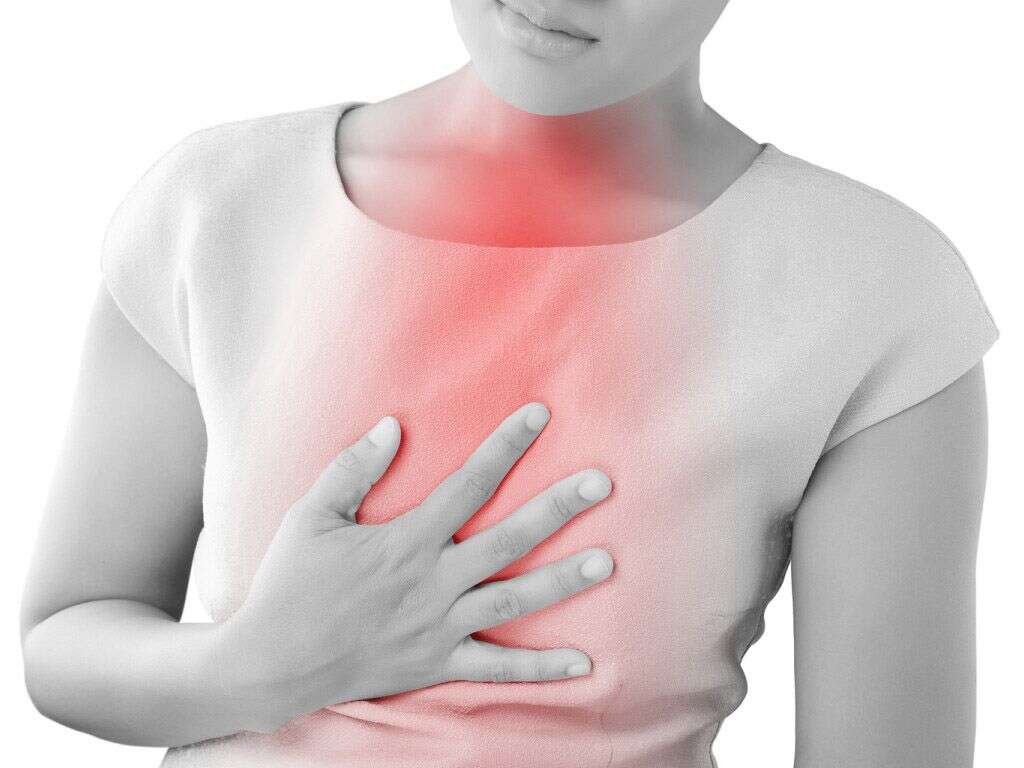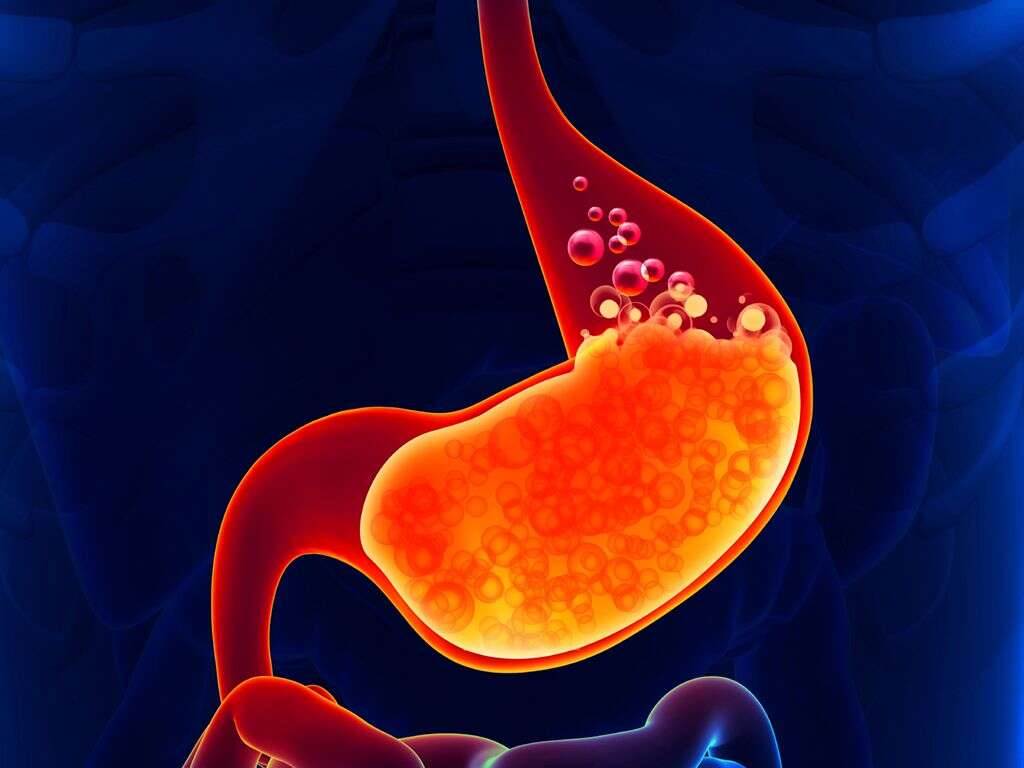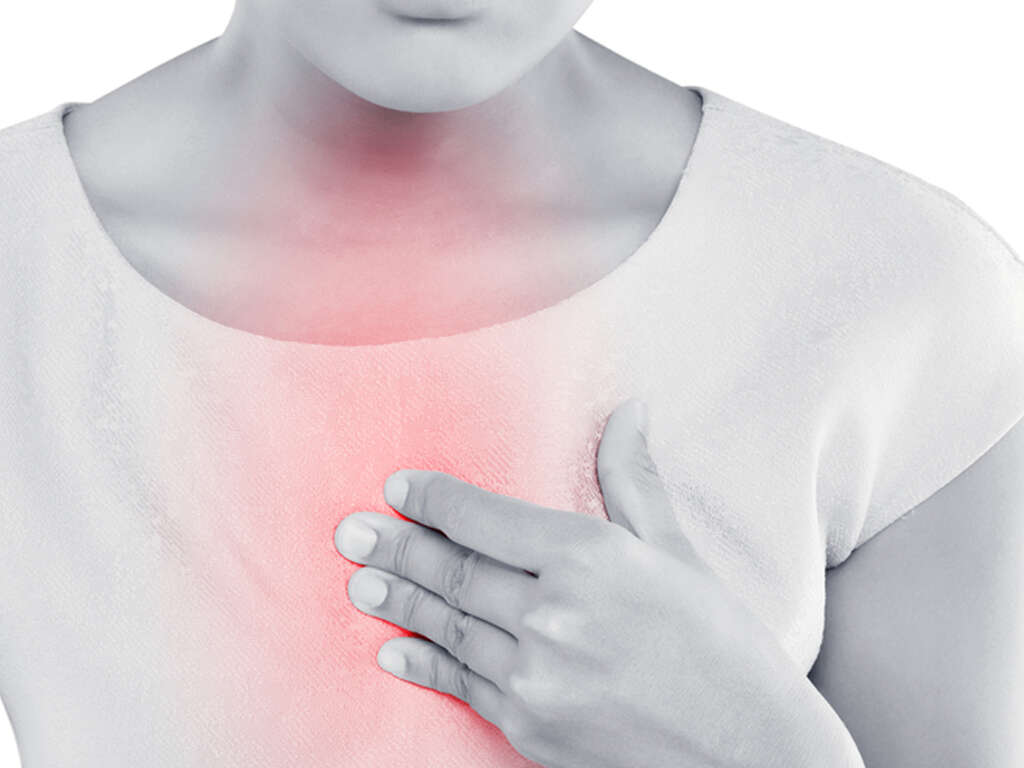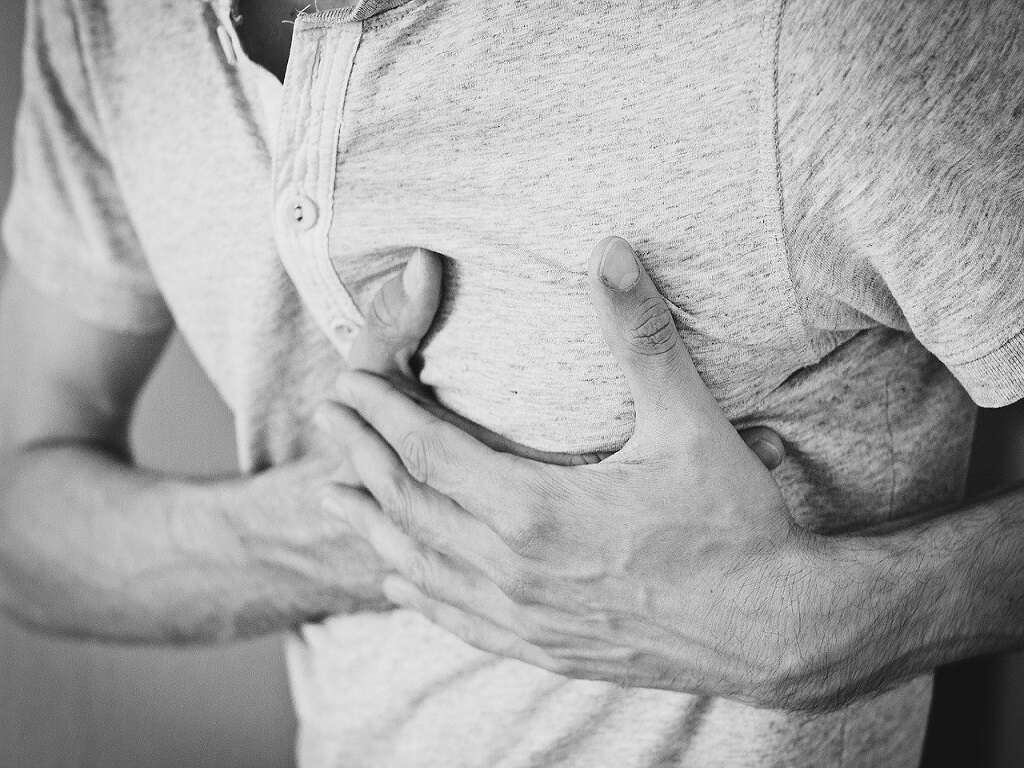What Is GERD?
Every now and then we might eat something that disagrees with us. It might mean eating something that has expired, or maybe it is a type of food that we have difficulty digesting. Regardless, it can result in some quite uncomfortable symptoms. One of these symptoms is GERD.
GERD is a common condition that most people will know as heartburn. It is not a dangerous condition but it can still cause considerable discomfort in some people. Here’s a close look at what exactly GERD is, some of the symptoms it can cause, and what we can do to treat it.

1. Esophageal Sphincter
A sphincter is a type of circular muscle with a hole in the center. When needed, the sphincter will close tight to prevent anything from getting in and out. There are several in the body and perhaps the most noticeable is the anus, which is a sphincter that helps prevent fecal matter leaving the body.
Another type of sphincter is the esophageal sphincter which, as the name suggests, is located at the bottom of the esophagus. This muscle has the task of closing tight to prevent the stomach’s contents from escaping. If, for whatever reason, it does not close completely then it can result in a number of unwelcome symptoms.
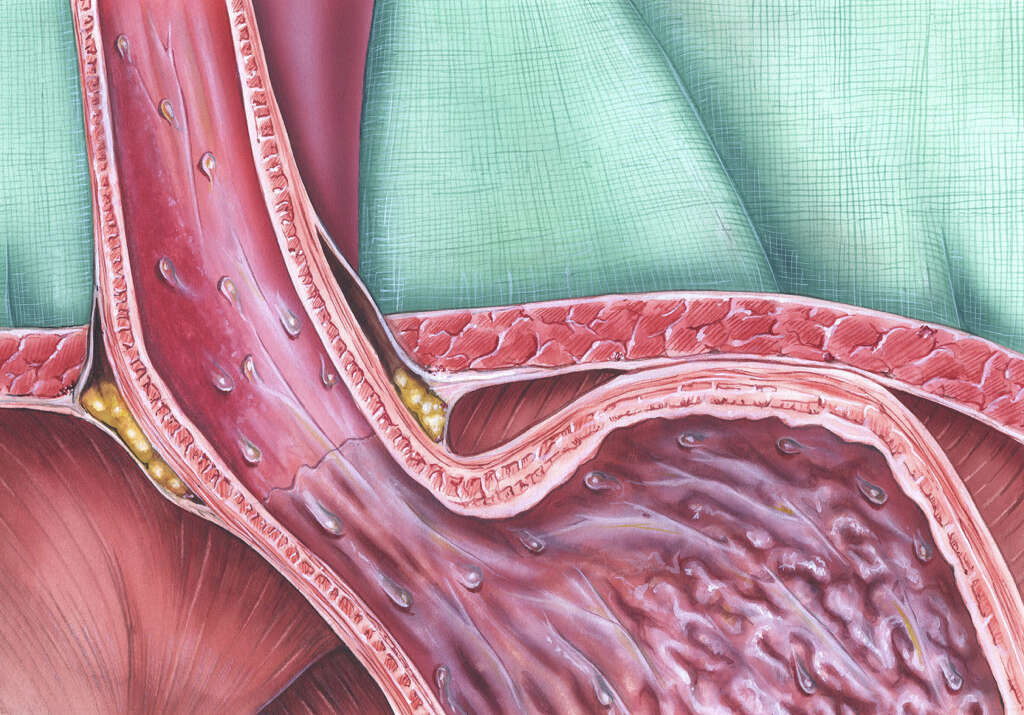
2. Acidic Content in Stomachs
When we eat, food will go down into the digestive system where it will then be broken down. To help with this process, the body will release slightly caustic fluids into the digestive system to help break down the food. Once broken down, the different nutrients can then be absorbed by the body and distributed to where they are needed most.
The acidic nature of these fluids mean that they have a caustic effect on our own bodily tissues. However, our digestive systems have evolved a protective lining that keeps it safe. Not all parts of the body have this protective lining, however.
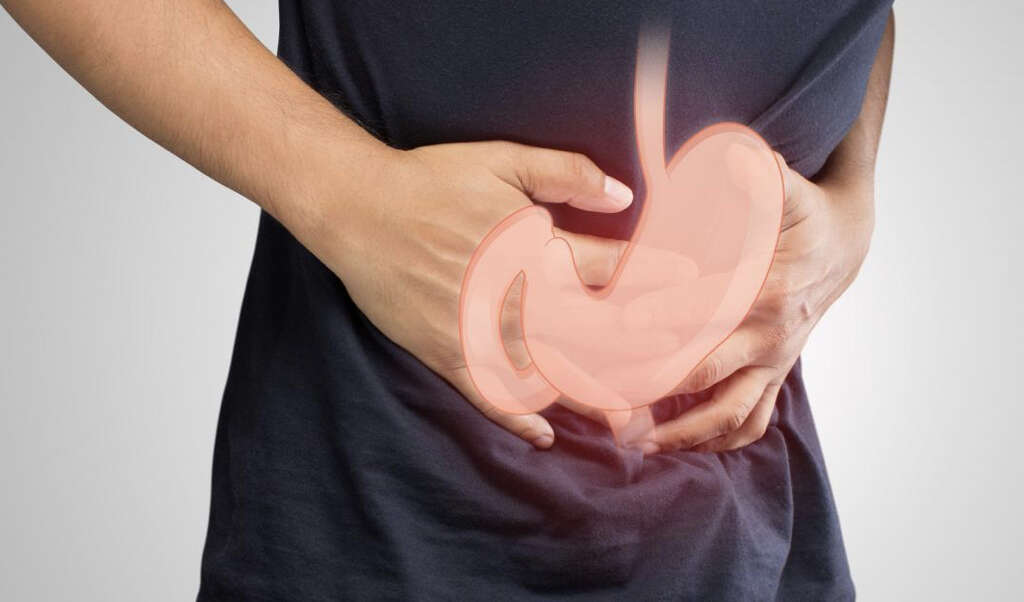
3. Gastroesophageal Reflux Disease
Gastroesophageal reflux disease, or GERD for short, is a condition where the patient’s digestive juices are able to flow from their digestive system back into the esophagus. This tends to occur because the esophageal sphincter is no longer preventing the juices from escaping.
As mentioned, these juices are slightly acidic, which causes problems for the esophagus. With no natural protective lining, the stomach’s juices will cause a burning sensation of the tissues lining the esophagus. This can be quite painful in a condition that is commonly known as heartburn. It can affect people of all backgrounds and it is, thankfully, not usually at all serious.
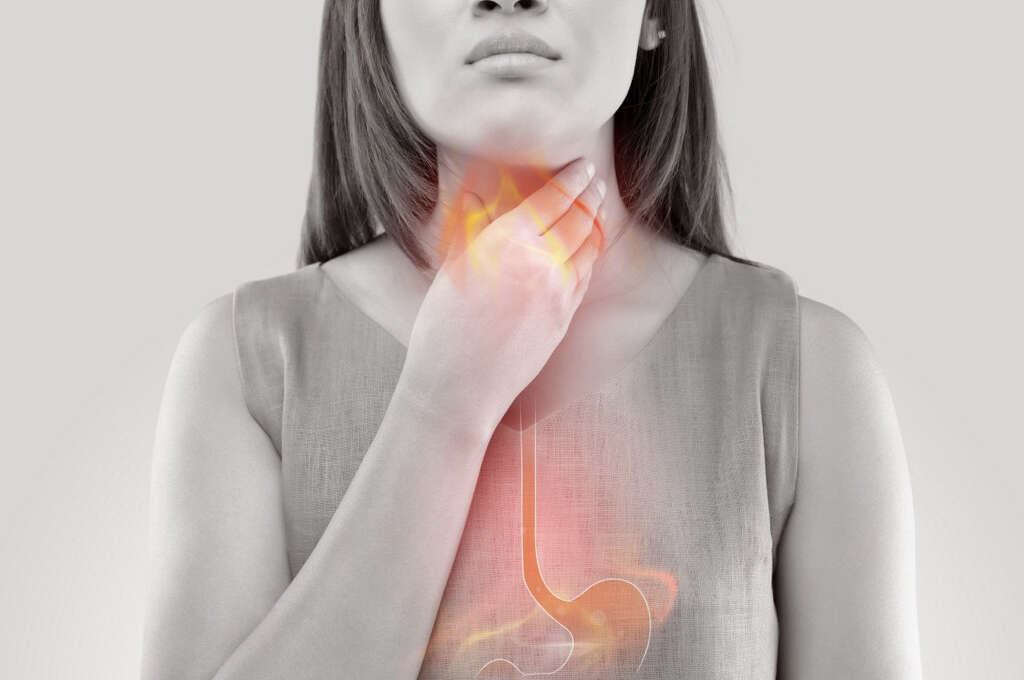
4. Common
Gastroesophageal reflux disease is actually quite a common condition and most people are likely to experience it at some point. A lot of people will experience the condition when they eat certain types of food, or when they eat too much food. While it can be uncomfortable, it is not usually anything to be overly concerned about.
A lot of people will try and avoid certain foods to help prevent heartburn from developing. When it does occur, the symptoms are not usually too severe, even if they can be uncomfortable for the patient. Medication is also readily available that can help remedy the symptoms.

5. Burning Sensation
The most telling symptom of GERD is that the patient will experience an uncomfortable burning sensation in their esophagus. The sensation will only be very mild in some people while it can very painful in others. Some people are able to take it in stride, while others will need medication.
While GERD can be painful, it will not usually actually cause any damage. However, it can if severe cases are left untreated, and this can result in further problems for the patient. It is always a good idea to get the condition seen to if it is becoming too difficult to handle.

6. Lump In Throat
If you have had some bad news, or you have been watching a sad movie, you might develop a lump in your throat. This is a sensation that makes you feel as though there is something physically in your esophagus at the back of the throat, even when there is not. It is sometimes caused by GERD.
In addition, a lot of people can experience a pain in the chest when they have GERD. This can be alarming the first time it happens because chest pains are often associated with heart problems and other severe conditions. It is probably not something serious, but you should get it checked out in case. If the chest pain is severe and you have other symptoms of heart problems, you should treat it as an emergency.
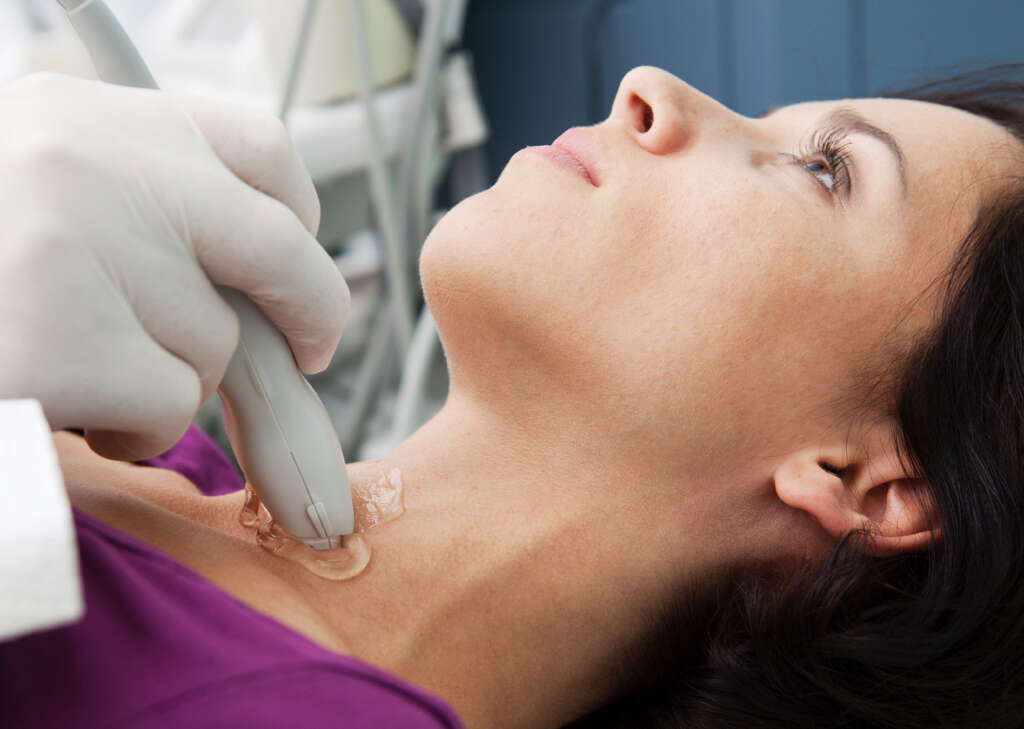
7. Regurgitation
When we eat, it is best that our food stays in the stomach where it should be, but this doesn’t always happen. There are times when our food can come back again, and this can be quite an unpleasant symptom. Patients with GERD will sometimes find that they regurgitate the food they have just eaten, often with a sour tasting liquid.
While people with GERD can find that food comes back up, they can also sometimes find they have difficulty sending food down. The pain associated with the condition can make it quite difficult for people with the condition to swallow.

8. Laryngitis
Laryngitis is the technical medical term for the inflammation of the larynx. The digestive juices can rise up to the larynx, irritating it and resulting in the inflammation. This can be very painful for the patient and the patient will typically develop a sore throat.
GERD can also result in a cough for the patient, and this is only likely to make any sore throat worse. Inflammation of the airways can also result in asthma in some cases, whether it is a new case, or making an existing condition worse. If the patient does develop breathing problems then they should be given an inhaler if they have asthma, and taken to an emergency room if necessary.

9. Sleepless Nights
While the symptoms of GERD are often quite mild, they can still be uncomfortable enough to cause sleepless nights for the patient. What’s more is that it can get worse as the patient lies down and their esophagus becomes horizontal. Some patients might find it more comfortable if they try and use pillows to make themselves as upright as possible.
Sleepless nights are going to be a problem in some cases. Consecutive sleepless nights will make it hard for the patient to operate properly, potentially giving them problems at work and in their social lives. Medication is available that can help people sleep, but such drugs should always be used with care.

10. Disrupted Sleep
Treatment for GERD will often involve avoiding foods that trigger an attack. If you are having an attack then there are plentiful options in terms of medication that can help. Most are available without a prescription, and are affordable, effective, and very easy to find.
If over the counter medication is not working for you then you may need to see a professional for more advanced medication options. This can help to treat the cause of GERD in addition to the symptoms it causes. In a rare number of cases, surgery may be necessary to fix the problem for the patient.




